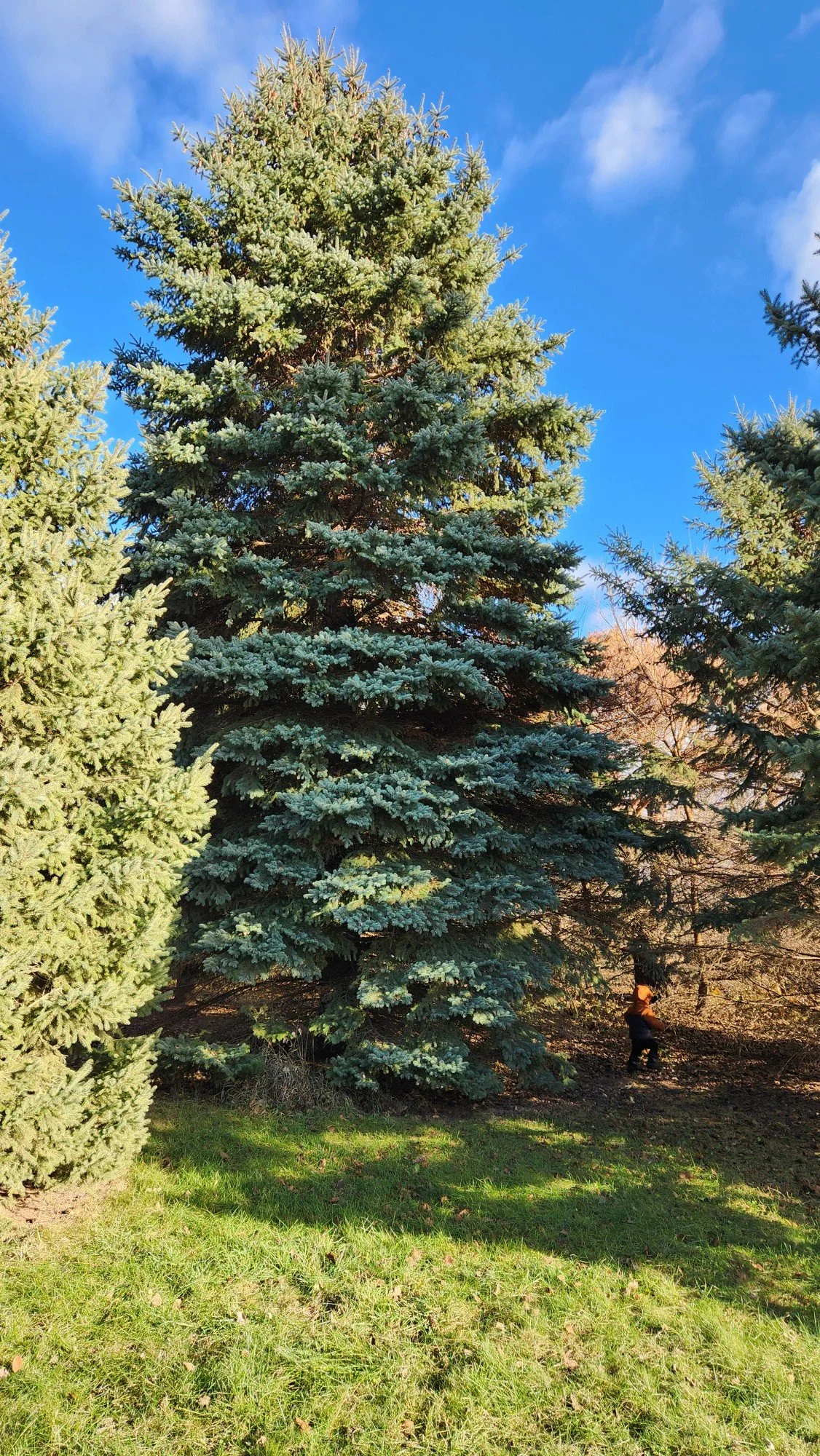Wedding Preach
A little over a year ago, someone dear to me lost her person. They were married for 68 years & were very much in love. After her dear one’s funeral, we talked about what it was like those last days together. Their family was gathered, and they practiced the ministry of presence: showing up, being there, loving in whatever way they could. On their last night on earth together, this woman leaned over to kiss her husband goodnight, as she was in the habit of doing. He woke up and said, “I love you.” When she reflected on that moment, she told me, “It was a small thing, but that time mattered a great deal to him, and it mattered a great deal to me, too.” She turned to me and said, “Make sure you find someone like that. Any other kind wouldn’t be the same.”
I have often been inspired by the love stories in my circle of friends and family. They are filled with beauty, with struggle, and with a continual choosing of one another. They are made up of strong personalities and real obstacles, but so very much real love, too. They are marriages full of friendship, of two separate people deciding to be one another’s person, not because they have to, but because they want to.
When Micah and I were very new friends, I stumbled upon this quote by Ralph Waldo Emerson:
“Friendship requires that rare mean betwixt likeness and unlikeness. Better be a nettle in the side of your friend than his echo. There must be very two, before there can be very one. Let it be an alliance of two large, formidable natures, mutually beheld, mutually feared, before yet they recognize the deep identity which beneath these disparities unites them.”
When I stumbled upon that quote, I had no idea what beauty and struggle would be ahead in my friendship with Micah. Over the past 3+ years, we’ve encountered more joy and deep sorrow than I would have thought was possible. We’ve celebrated with one another: birthdays, new jobs, discoveries of calling, exciting opportunities. We’ve grieved with one another: the loss of loved ones to death too soon, old pain circling back at odd moments, challenges that seemed too much to bear. Through all of this, we’ve chosen one another, practicing the ministry of presence and entering into the other’s experience of life. We’ve tried (and let’s be honest, often failed) to love one another with incarnational love, the kind of love that dear husband and wife practiced in his last hours.
Jesus is our picture of incarnational love.
The season of Advent is just around the corner: the season where, in church tradition, we wait for and anticipate the coming of Christ in the form of a baby: a helpless little one come to save us all from the power of sin and death. Every year the story of Emmanuel gets me. Philippians says: though he was in the form of God, did not count equality with God a thing to be grasped, but emptied himself, by taking the form of a servant, being born in the likeness of men. A friend & mentor puts it this way: God came to earth: undressing all the way.
Jesus is the ultimate picture of incarnational love: He brings all of himself to us, humbly, in a way we can begin to grasp and know, see and touch. He enters into the context of our lives; he moves into our neighborhood with grace and truth, giving all that He is so we can become all we’re meant to be: Sons & Daughters of God Most High: people who believe they’re known & deeply loved.
We love because He first loved us.
And so today, I choose to love Micah. We are those two “large, formidable natures” Emerson talked about. We’re so very different, but there is a likeness underneath all of that, and deep trust that has grown through all the challenges we’ve encountered together, from all the incarnational love that’s been put into practice.
We’re obviously at the very beginning of knowing anything about marriage. We have no idea what’s ahead in this life together. But I have a hunch a lot of what matters in the end is the ministry of presence: seeing one another, truly & honestly, and showing up with grace & truth, following the example of our Jesus who is always saying, “Can I join you here? Can I love you in this moment & then in the next?” That’s the kind of love that transforms and builds a life. That’s the kind of humble love we remember.
Let Him love you, Friends, and let that love spill out.



